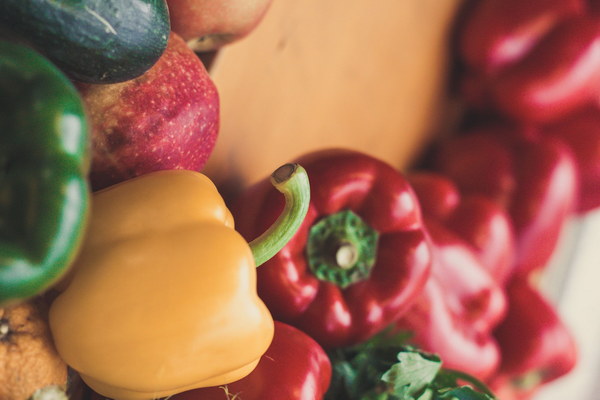Harmonizing the Body Exploring Traditional Chinese Herbs for Spleen Lung and Yin Nourishment
In the realm of traditional Chinese medicine, the harmonization of the body's internal systems is paramount for overall health and well-being. Among the myriad of herbal remedies, certain herbs have been recognized for their ability to nourish the spleen, strengthen the lungs, and moisten the dryness within the body. This article delves into the world of these herbs, offering insights into their properties, uses, and the benefits they can bring to individuals seeking balance and vitality.
1. Spleen Nourishing Herbs: The Foundation of Health
The spleen, in Chinese medicine, plays a crucial role in the digestion, absorption, and transportation of nutrients throughout the body. When the spleen is weak, it can lead to various health issues, such as fatigue, digestive problems, and weakened immunity. Here are some key herbs known for their spleen-nourishing properties:
- Astragalus (Huang Qi): A renowned immune-booster, Astragalus is often used to strengthen the spleen and boost overall vitality.
- Codonopsis (Dang Shen): Similar to Astragalus, Codonopsis is used to enhance the spleen's ability to absorb nutrients and support the immune system.
- White Atractylodes (Bai Zhu): This herb helps to strengthen the spleen, improve digestion, and alleviate water retention.
2. Lung Strengthening Herbs: Breathing Life into the Body
The lungs are vital for oxygenating the blood and removing waste products. Weak lungs can lead to respiratory issues, such as coughs, wheezing, and fatigue. The following herbs are known for their lung-strengthening effects:

- Ophiopogon (Mai Men Dong): This herb is renowned for its ability to moisten the lungs and alleviate dry coughs, making it an excellent choice for those with respiratory dryness.
- Fritillaria (Chuan Bei Mu): Often used in combination with other lung-strengthening herbs, Fritillaria is known for its cooling properties, which can help alleviate respiratory heat and inflammation.
- Peony (Bai Shao): This herb is used to tonify the lungs and alleviate symptoms such as coughing and wheezing.
3. Yin Nourishing Herbs: Balancing Body and Mind
Yin nourishing herbs are essential for maintaining the body's fluid balance and cooling down internal heat. They are particularly beneficial for those with yin deficiency, which can manifest as symptoms like dry skin, insomnia, and irritability. Some notable yin-nourishing herbs include:
- Lily Bulb (Bai He): This herb is known for its cooling properties and is often used to nourish the lung yin, alleviate coughs, and improve sleep.
- Schisandra (Wu Wei Zi): Schisandra is a versatile herb that can nourish both the liver and lung yin, making it a great choice for those with yin deficiency-related stress and anxiety.
- Licorice (Gan Cao): While licorice is often used to harmonize other herbs, it also has its own yin-nourishing properties and can help alleviate symptoms of yin deficiency, such as dry mouth and throat.
4. Combining Herbs for Maximum Effect
To achieve the desired effects of spleen, lung, and yin nourishment, it is often best to combine these herbs in a formula tailored to the individual's specific needs. A skilled herbalist can create a personalized blend that addresses the unique balance of the patient's body.
In conclusion, traditional Chinese herbs offer a natural and holistic approach to health and well-being. By nourishing the spleen, strengthening the lungs, and moistening the dryness, these herbs can help individuals achieve a state of balance and vitality. Whether you are seeking to alleviate specific symptoms or simply wish to support your overall health, exploring the world of spleen, lung, and yin-nourishing herbs may be a valuable addition to your wellness journey.









